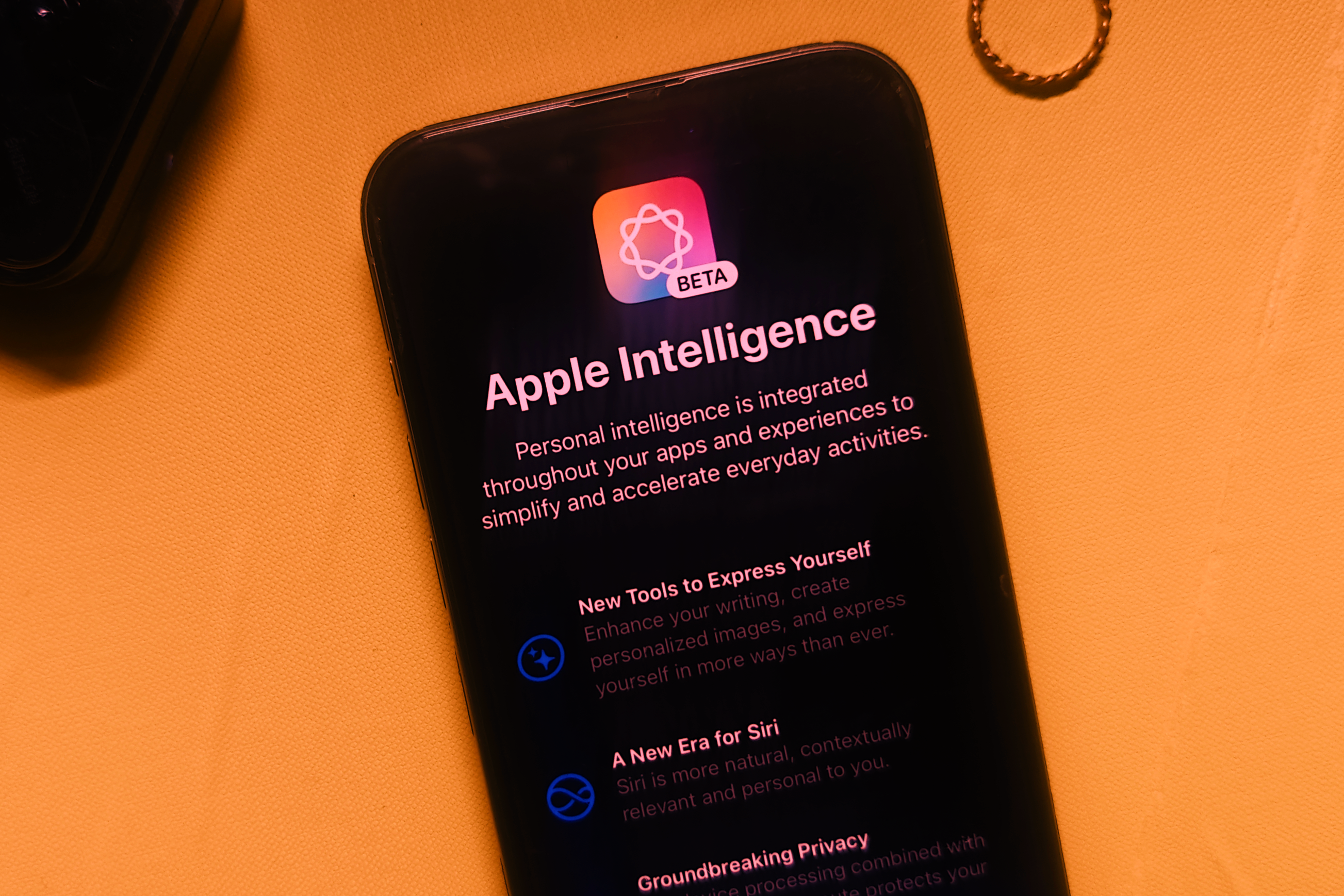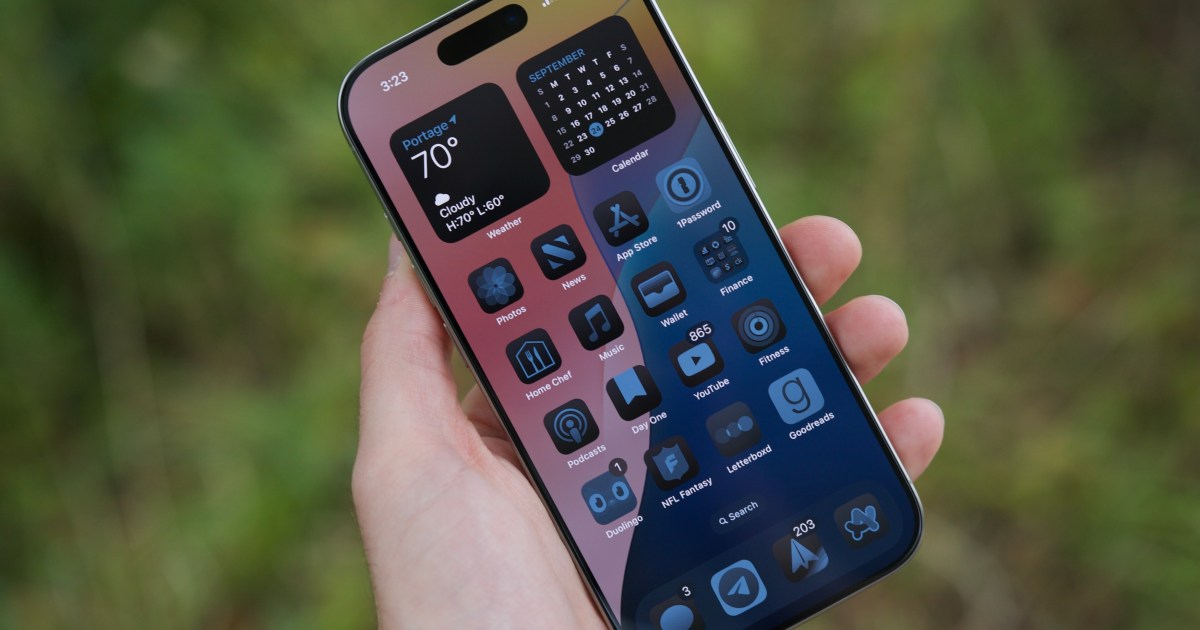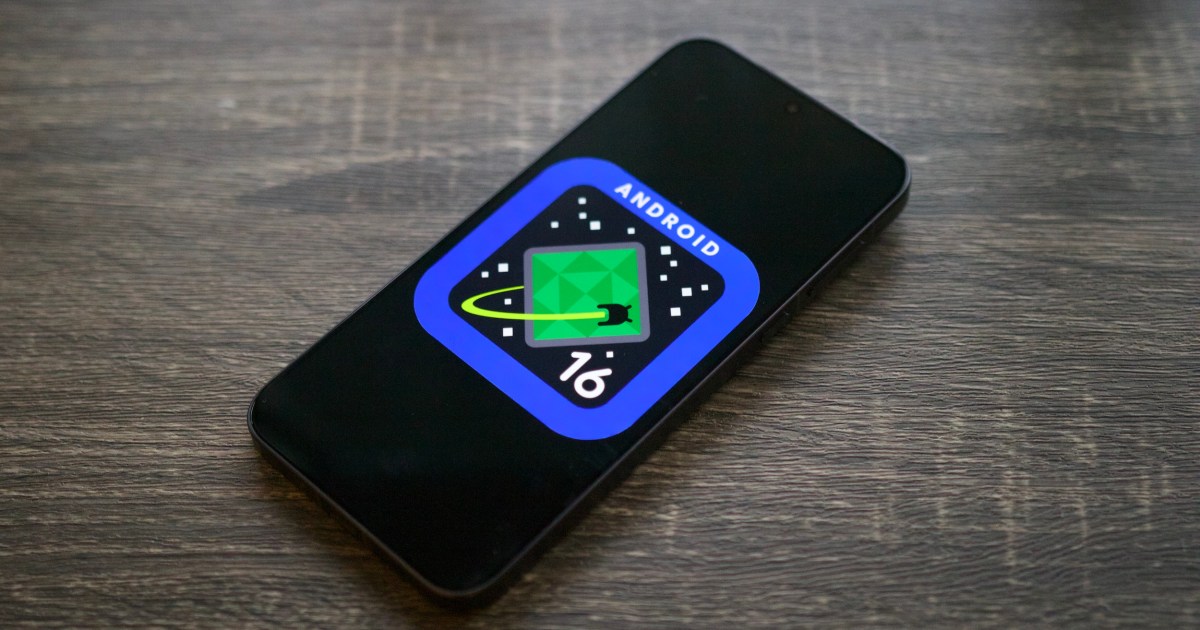Apple officially entered the AI arena this year with the launch of Apple Intelligence. However, 2024 also witnessed a slower rollout of feature updates than usual. It seems this trend of staggered releases might continue into 2025.
According to a recent Bloomberg report (source), Apple has delayed a number of features initially planned for iOS 19. This follows an earlier report from the same source indicating a significant Siri upgrade, designed to enhance conversational capabilities, has been pushed back to spring 2026.
“I’m told that a larger-than-usual number of features scheduled for iOS 19 (beyond the new Siri) are already postponed until spring 2026 (when iOS 19.4 debuts),” the Bloomberg report states. This pattern mirrors Apple’s approach with the current iOS 18 release cycle.
Shortly after WWDC 2024, reports surfaced about delays to key Siri and Apple Intelligence features. Some of these, including promised third-party app integration, are still pending and expected to launch publicly next year.

In an interview with The Wall Street Journal (source), Craig Federighi, Apple’s Senior Vice President of Software Engineering, suggested the company is deliberately taking a cautious approach to rolling out new features for Apple Intelligence. He emphasized Apple’s preference for perfecting each component before release, rather than rushing potentially flawed features to market.
“You could put something out there and have it be sort of a mess. Apple’s point of view is more like, ‘Let’s try to get each piece right and release it when it’s ready,’” Federighi stated.
To date, Apple Intelligence has avoided the issues plaguing some competitor products like OpenAI’s ChatGPT, Google’s Gemini, and Microsoft’s Copilot. These generative AI tools have faced challenges with hallucinations, factual inaccuracies, and unpredictable behavior. For example, MaagX’s Joe Maring encountered problematic image generation with Google’s Pixel Studio app.

These well-documented issues with generative AI may explain Apple’s more cautious approach. Apple Intelligence has primarily focused on low-risk applications, rather than pursuing more ambitious, but potentially problematic, implementations.
However, this strategy carries the risk of falling behind competitors like Google and Microsoft, who have already integrated AI tools into core products such as Workspace and Office 365, along with various OS-level integrations.
We’re still months away from seeing Apple’s full plans for iOS 19. Furthermore, several iOS 18 features announced at WWDC 2024 are still awaiting public release. Meanwhile, Google is also gearing up to showcase its software innovations around the same timeframe. While Google claims it’s not aiming to overshadow Apple’s June event, the reported delays in Apple’s release schedule could give Google an opportunity to impress users with new software features ahead of Apple.











